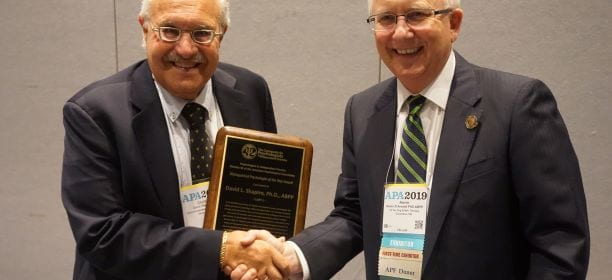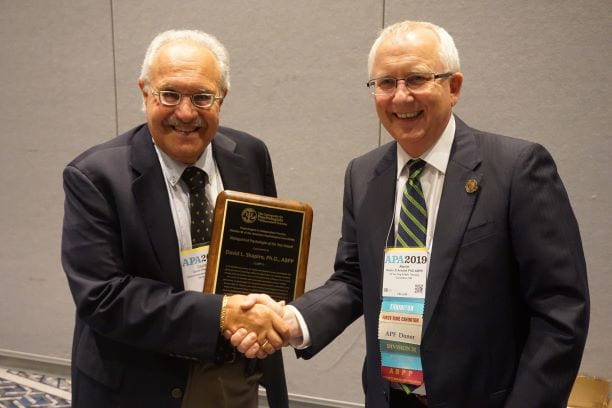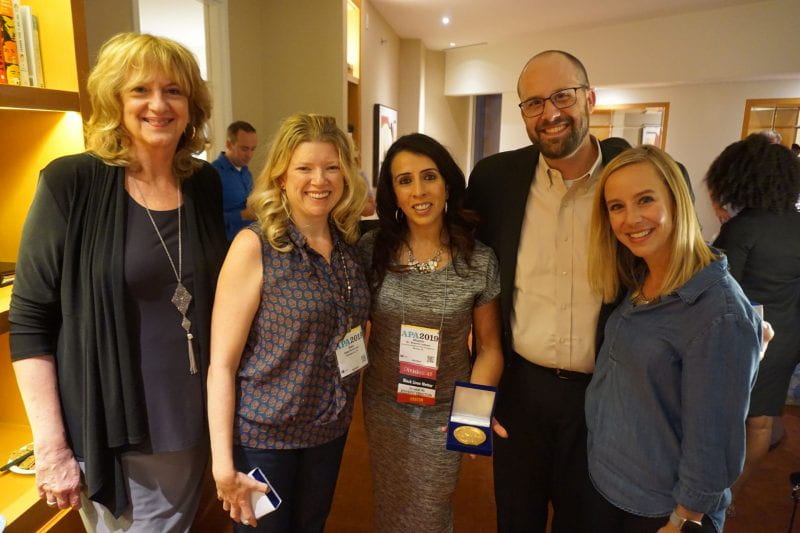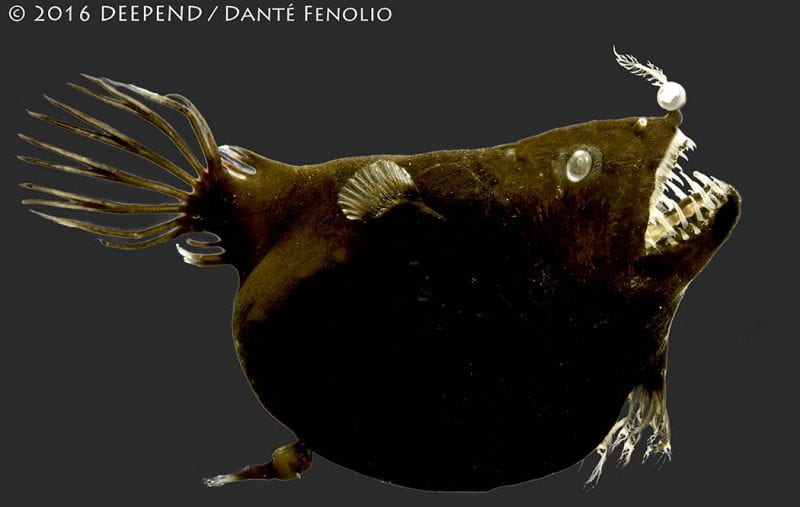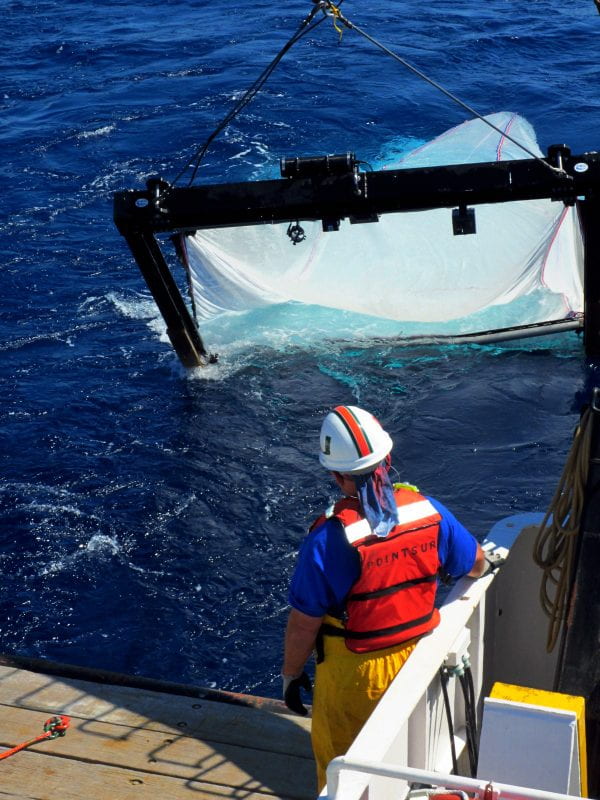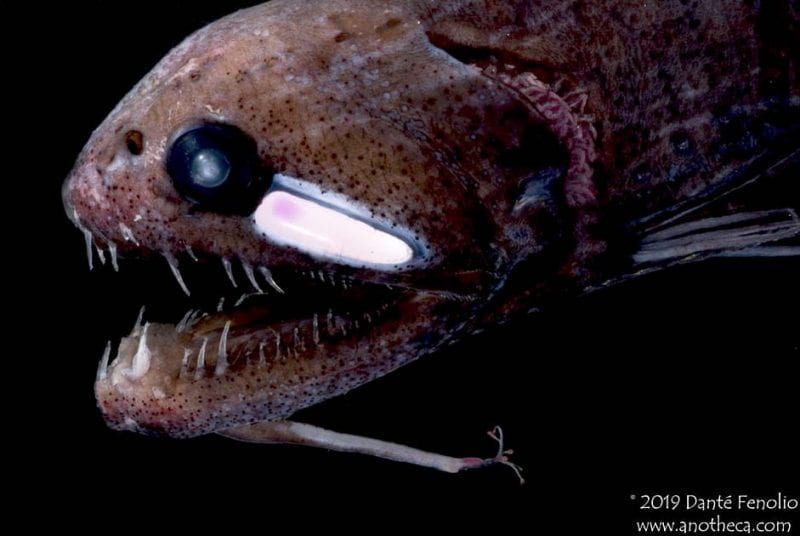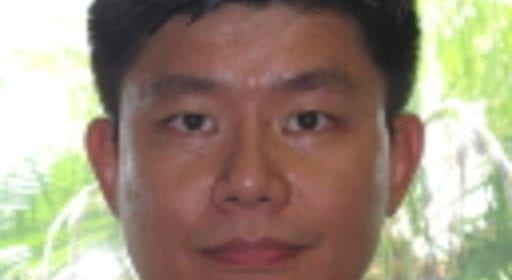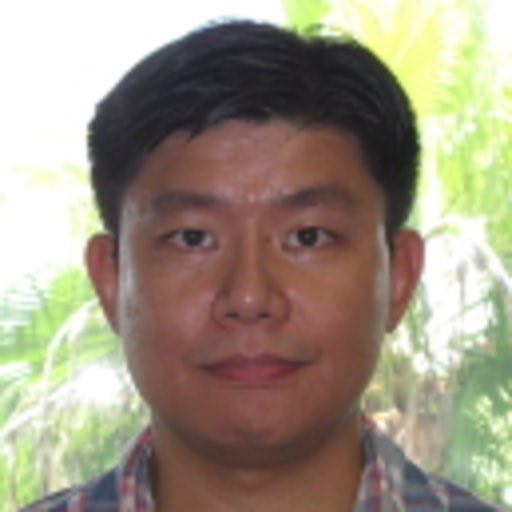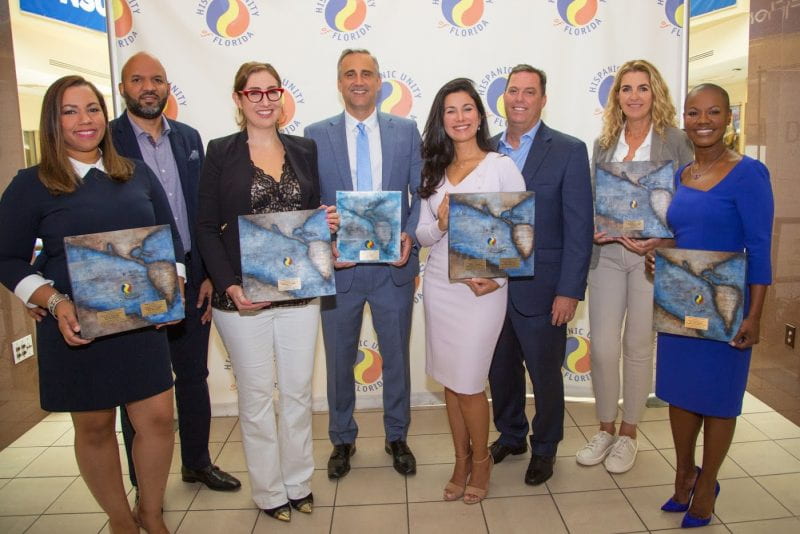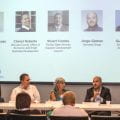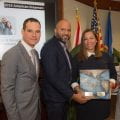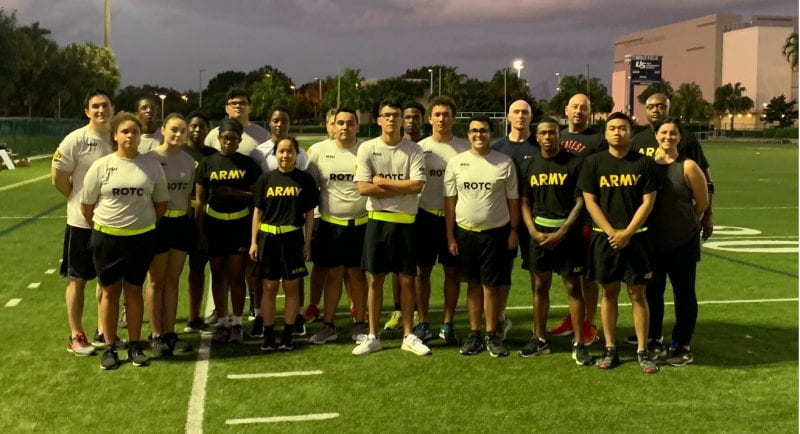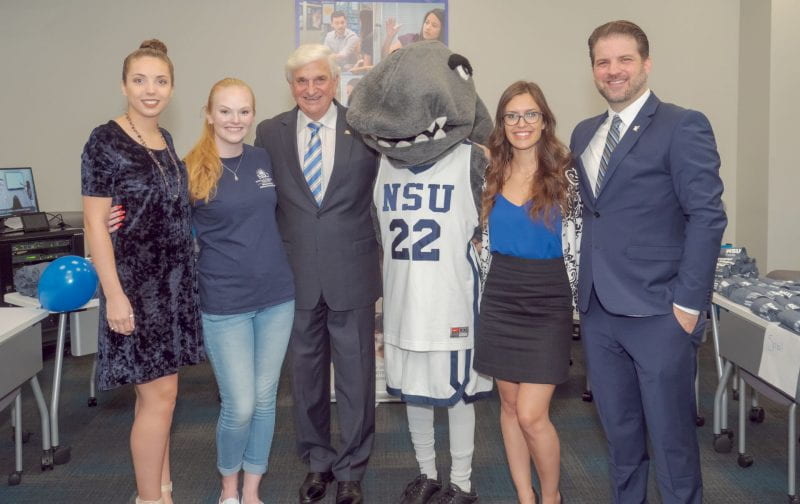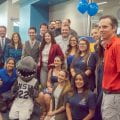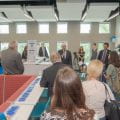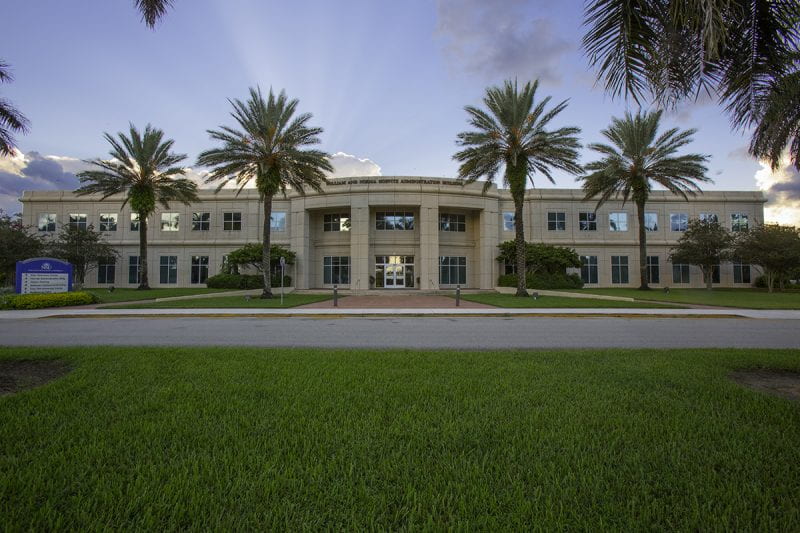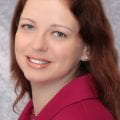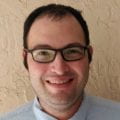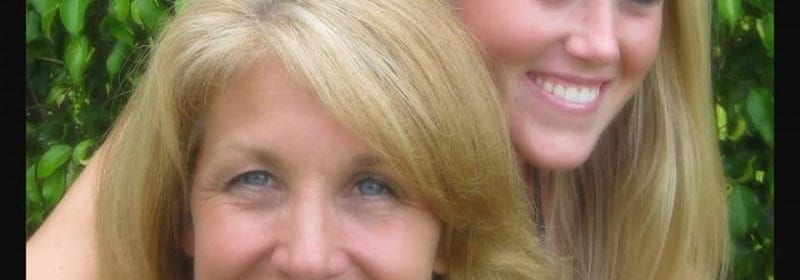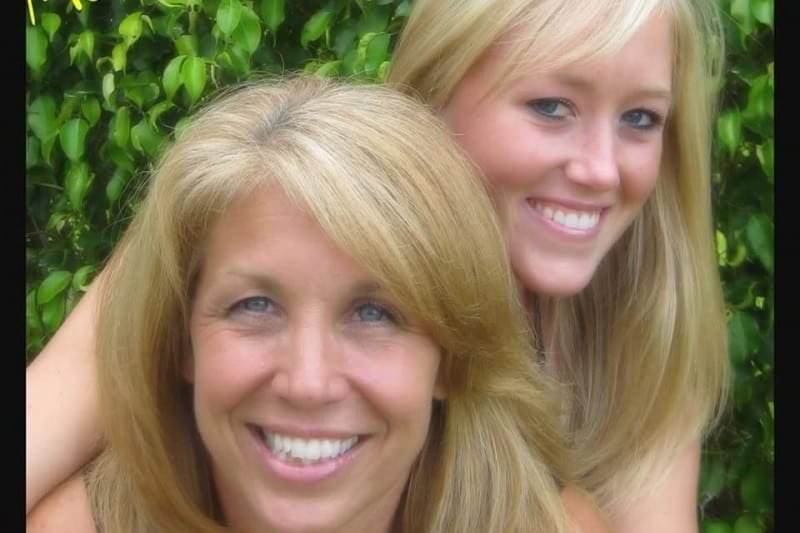Rapid intensification is a serious challenge for the prediction of hurricane intensity. An example is Hurricane Maria in 2017, which intensified to a Category 5 storm within 24 hours and destroyed Puerto Rico. None of the computer models were able to predict it. A more recent example is Hurricane Dorian, which was predicted to become just a tropical storm, before it rapidly intensified into a Category 5 storm and caused extensive damage in the Bahamas.
An Index to Better Estimate Tropical Cyclone Intensity Change in the Western North Pacific, published in the September 2019 issue of American Geophysical Union’s journal Geophysical Research Letters, includes a new operational algorithm that improves prediction of the rapid intensification that may occur in tropical cyclones within 24 hours.  The paper is a collaborative effort between researchers from the United States and the Republic of Korea.
The paper is a collaborative effort between researchers from the United States and the Republic of Korea.
Alexander Soloviev, Ph.D., a professor and research scientist at Nova Southeastern University’s (NSU) Halmos College of Natural Sciences and Oceanography who co-authored the paper, said the new algorithm may be a game changer in the field of hurricane intensity prediction. This new index is expected to contribute to improvements in real‐time intensity forecasts, not only for the western North Pacific but also for other basins including Florida, the North Atlantic and the Gulf of Mexico.
“We have taken into account the phenomenon of the ‘slippery sea surface’ under certain hurricane conditions, which is conducive to rapid storm intensification,” he said.
These results were previously published in the Nature Scientific Reports and the Journal of Geophysical Research and implemented in the new operational index for rapid intensification, which reduced the error of tropical cyclone prediction within 24 hour period by 16%.
“The objective of this study is to improve intensity prediction, especially in a short temporal range of 24 hours,” said Woojeong Lee, Ph.D., from the National Typhoon Center, Jeju, the Republic of Korea, who is the first author of this paper. “We developed a synoptic predictor for intensity change based on the microphysics study of the air-sea interface in hurricane conditions conducted by U.S. scientists from NSU, the University of Miami, the University of Hawaii and the University of Rhode Island.”
While track prediction of tropical cyclones (TCs) has improved steadily over the last three decades, there has been comparatively little advancement in intensity prediction due to the complicated physical mechanisms involved in internal TC dynamics and their interaction with upper ocean and atmospheric circulation.
